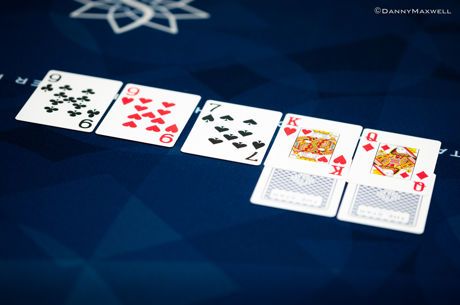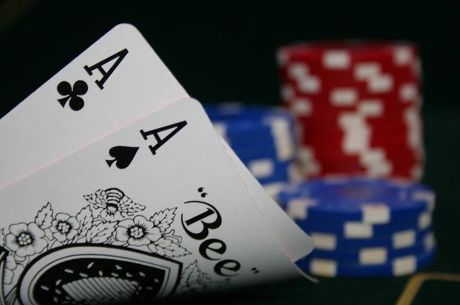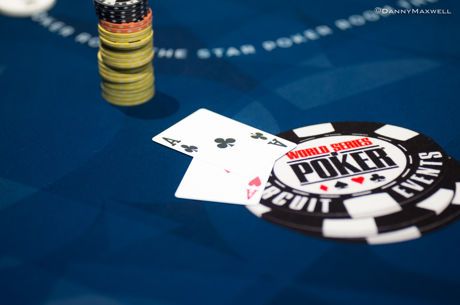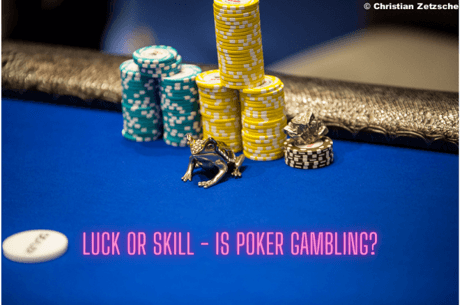Poker Probability in Poker: A Quiz - A Follow-Up
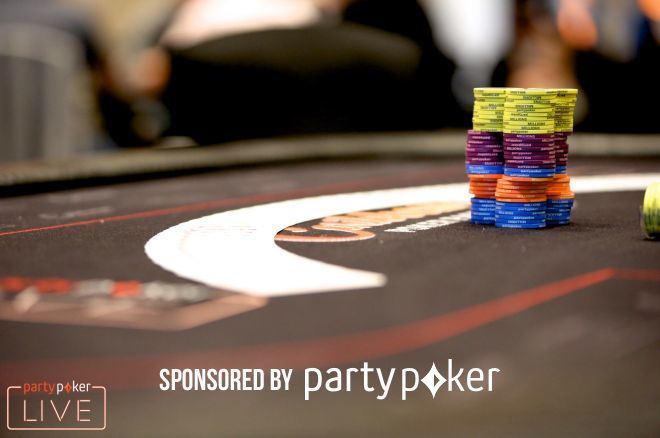
The results of the brief probability quiz in my last article are in. While the vast majority of you seem to understand the probability of being dealt certain poker hands as well as the probability of completing certain poker hands, many of you erred when considering the probability of someone holding a hand after you have seen their betting action.
The chief error was in answering Question #3. I've copied the question below for your reconsideration:
3. You are under the gun holding K-K and raise to $15. Everyone folds except for one player who reraises to $45.
What percentage of the time does your opponent hold A-A?
- roughly 0.5 percent of the time
- roughly 25 percent of the time
- roughly 50 percent of the time
- nearly 100 percent of the time
- it depends on what has happened in prior hands
The vast majority of people chose the first answer: roughly 0.5 percent of the time. That is wrong — enormously wrong! The correct answer is actually the last one: it depends on what has happened in prior hands.
Your opponent will hold A-A in the example above a percentage of the time that you must estimate based that player's betting action and on what has happened in prior hands. The fact that your opponent was only likely to have been dealt pocket aces 0.5 percent of the time becomes largely immaterial once the player three-bets.
There's an old joke about a guy looking for his keys at night not where he thinks he dropped them, but under the street lamp because the lighting is better there. Poker players shouldn't fall into the same trap. Just because calculating the probability of a hand getting dealt is much simpler than estimating it based on prior betting action doesn't mean that it should replace the more complex estimate.
Betting action means something. The probability that an opponent holds a hand, or has a range of hands, changes once you see how the player bets or responds to your bet. In this instance, your opponent's three-bet sheds new light on what the player is likely to hold. Accordingly, you must greatly increase from 0.5 percent the likelihood that your opponent has the one hand that is ahead of yours. It is surely something much higher than 0.5 percent. The question is how much higher.
The problem is, of course, that unlike determining the probability of cards being dealt, determining the cards your opponent is holding based on the betting action is imprecise and can only be estimated. Even so, you must do your best to estimate it, and proceed from there.
In the above example, when you have pocket kings. If you determined based on your opponent's prior betting action that he was the tightest player in the world (let's say), you'd conclude that he definitely had aces. If you judged him as such, and concluded that it was virtually certain that he would not have three-bet with any lesser hand, then your best action is actually a fold.
On the other hand, if you saw your opponent as a more conventional, moderately aggressive, more typical opponent, you might put him on a three-betting range consisting of pocket pairs, 9-9 or greater. Based on this admittedly imprecise but informed estimate, there would then be at least four hands, 9-9, 10-10, J-J, and Q-Q, that would be inferior to your K-K, and only one pair, A-A, ahead of yours. You'd estimate your likelihood of being ahead at 80 percent or so, and you might conclude it makes sense to reraise in response.

You get $22 Worth of Satellite Tickets for a £/$/€10 First Deposit + Get up to 40% of paid rake back every week!
Play NowHere's another example. Imagine it's the river in a $1/$2 no-limit hold'em cash game. You have an effective stack of $1,000. The pot is $100. You are heads-up and your lone opponent shoves for $1,000 with the board showing A♠J♦9♠6♣2♠. You have A♦A♥. Your opponent only beats you if he has two spades for a flush. You must decide whether to call his bet or fold. How do you decide?
One way, the wrong way, is to ignore all of the betting action throughout the hand and look only at the odds that he was dealt the two spades that would give him a winning hand, and then compare those odds with the pot odds. That would be a terrible mistake!
The odds of getting dealt two spades are roughly 17-to-1 against, about a 6 percent probability. Based on that you would almost surely conclude that with the probability so small, a call makes sense. But the long odds of the deal are largely immaterial here. What's necessary is calculating, as best you can, the probability that your opponent has the flush that he is representing, not the probability that he was dealt pocket spades.
True, you can only estimate the hand your opponent holds. But you must do so, based on the information you have: his betting action in this hand, the type of player he is based on his behavior in prior hands, and your assessment of his impression of you, based on your betting behavior in prior hands.
You must therefore ask and attempt to answer many questions to make your estimate. Did your opponent call your escalating bets on all streets? Is he the type of player who would continue to do so with a flush draw? Are you seen as an extremely tight player who is extremely likely to fold to such a bet? Is there any chance, in your mind, that he might shove the river as a bluff?
Though the probability that he has the flush can only be estimated, estimate it you must to determine properly what your action should be. Sure, the odds that he was dealt pocket spades are only about 17-to-1, warranting a call, but the odds that he has pocket spades are surely much higher, perhaps warranting a fold.
Thus is the correct answer to Question #3 the last one — it depends on what has happened in prior hands. Upon reconsideration, does anyone disagree?
Ashley Adams has been playing poker for 50 years and writing about it since 2000. He is the author of hundreds of articles and two books, Winning 7-Card Stud (Kensington 2003) and Winning No-Limit Hold'em (Lighthouse 2012). He is also the host of poker radio show House of Cards. See www.houseofcardsradio.com for broadcast times, stations, and podcasts.
This strategy article by Ashley Adams is sponsored by partypoker.

